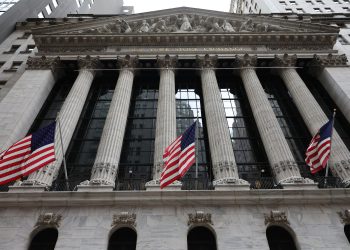A recent Financial Times article celebrates the flexible thinking of Indian businesses in the COVID-19 pandemic, as those companies have reacted in real time to the latest challenges and calibrated those reactions according to the local context. This type of agility and rapid sense-checking is a distinct characteristic of the emerging market grind.
Subscribe to the Crunchbase Daily
Too often, we assume that large injections of capital are the golden ticket for entrepreneurial ecosystems, when really, talent is the main source of ecosystem success.
Large sums of capital come with a plan to disrupt existing industries, to make a location a leader in a particular vertical, and to grow as rapidly as possible. In the process, however, both investors and startups are more likely to tolerate high risks as they rush toward market domination.

This “foie gras effect,” as an article in The New York Times put it, sees startups force-fed capital only to collapse under the weight of hypergrowth, according to a Harvard Business Review article. Big funding compels early-stage businesses to scale prematurely, making runway, burn rate and valuation the biggest priorities. Meanwhile, companies lose focus on user testing, product iterations and self-sustaining revenue, inadvertently setting themselves up for a short-term lifecycle.
Ironically, the dwindling funding flows…



























































